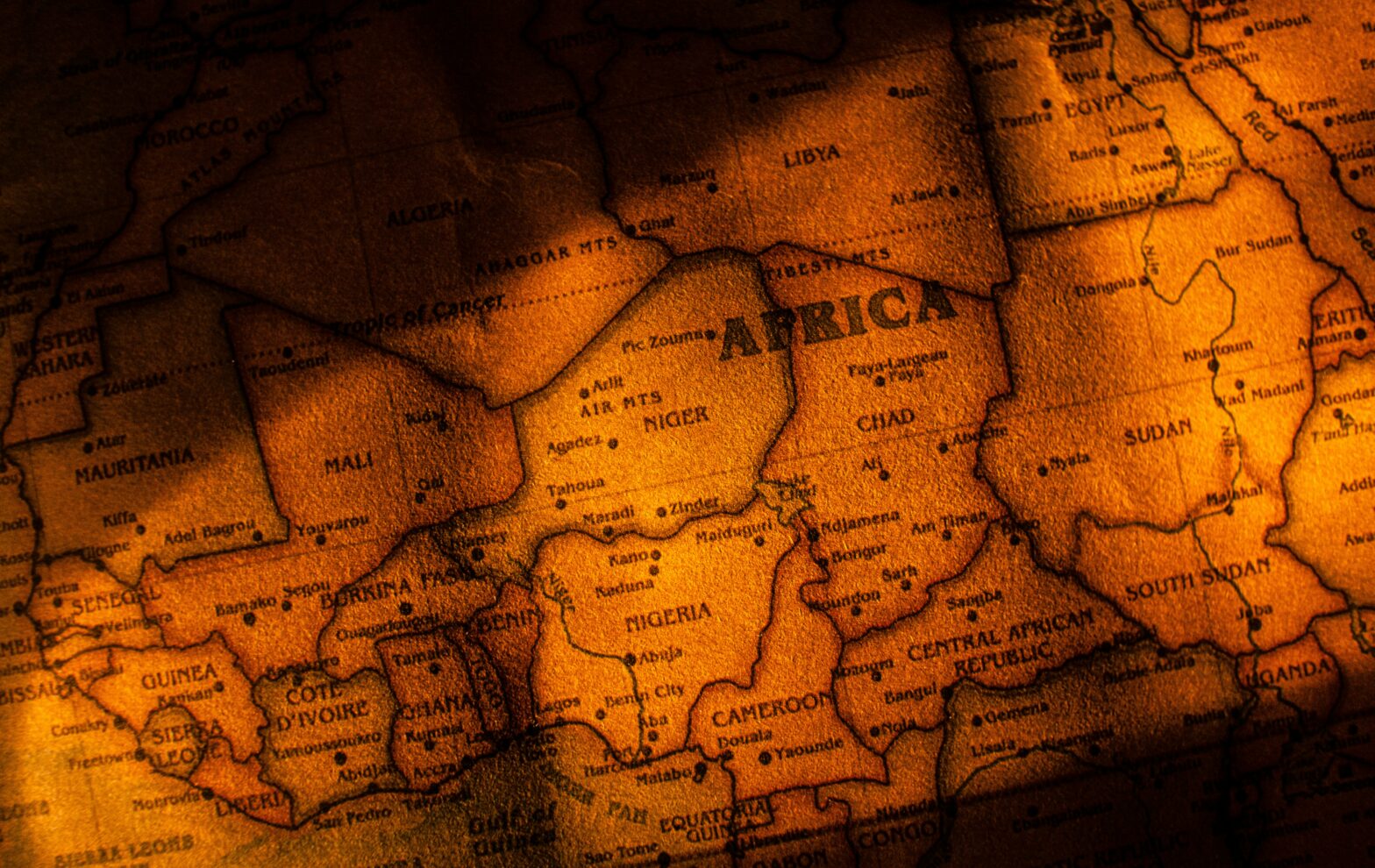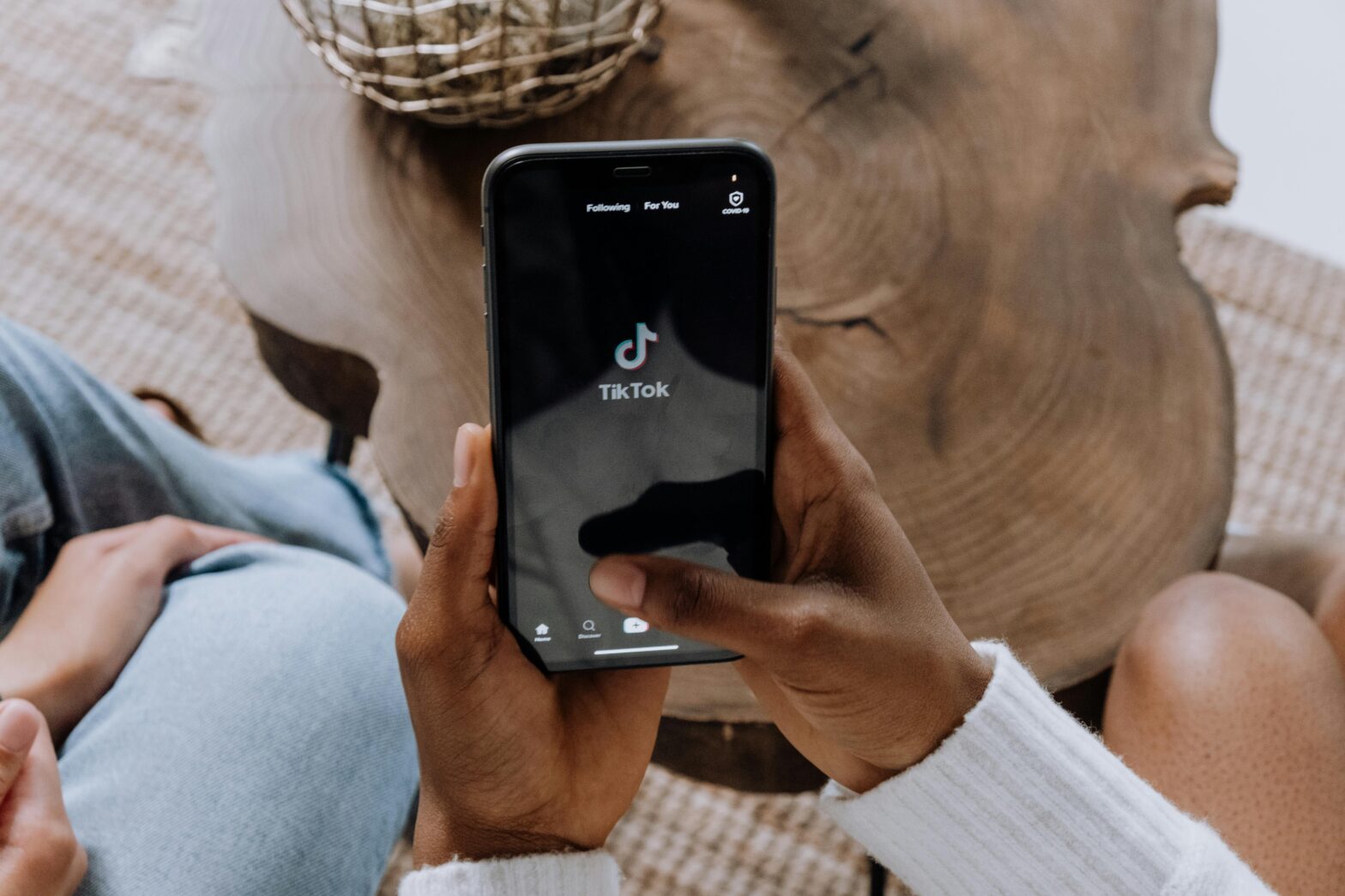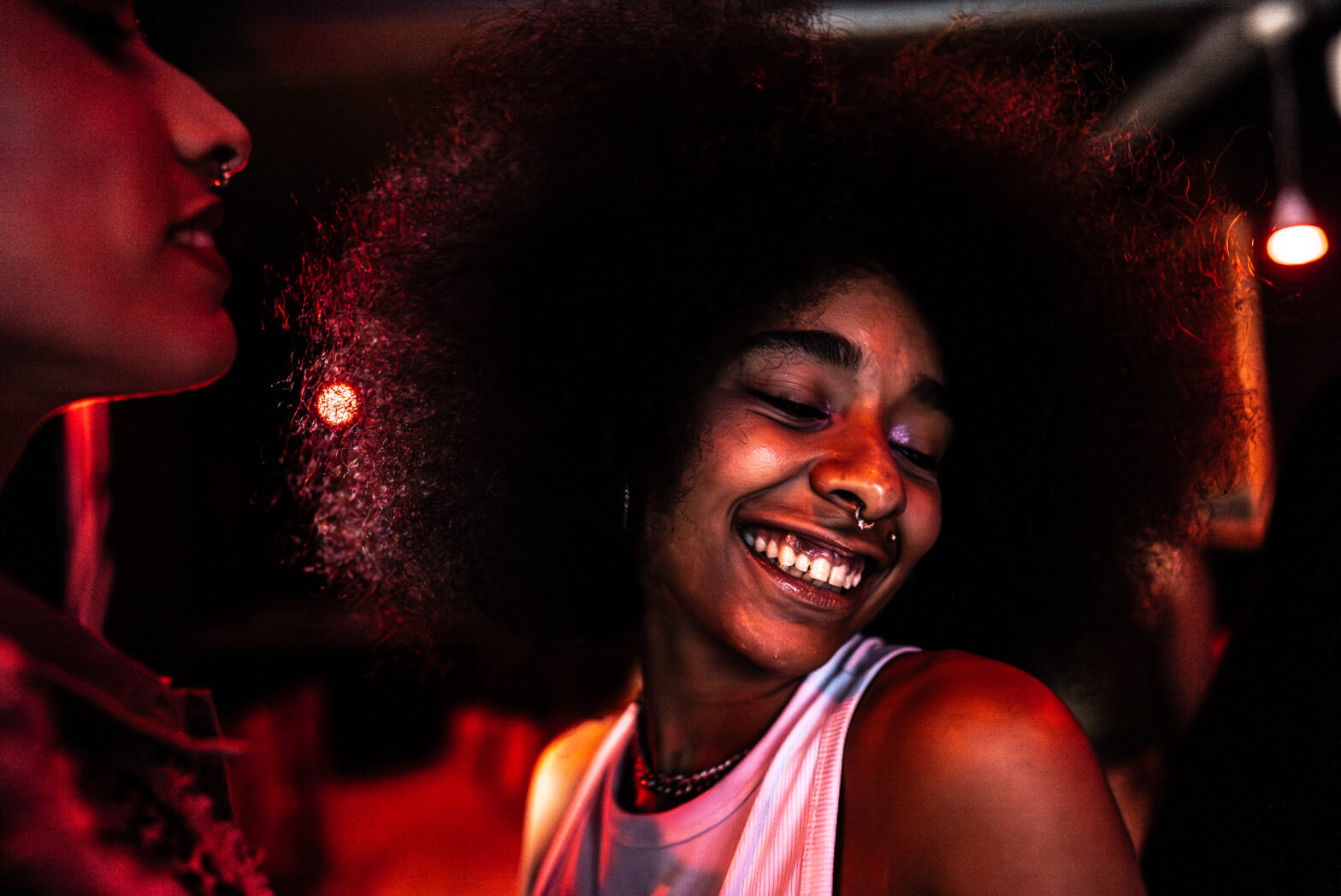TikTok Rochelle Hawkins shared with her nearly 114,000 followers that, based on her experience, all the “diaspora wars” within the Black community don’t translate in real life.
The avid traveler posted her experience in late July, garnering over 22,000 views. Hawkins’ upload includes lively snapshots from her tour of southern African countries, including Lesotho, South Africa, Eswatini, Zimbabwe, and Malawi.
The TikToker’s photos documented her interacting with locals and enjoying various forms of cultural enrichment with them as her guides. Her advice to other Black travelers was simple and assured. In her caption, she wrote, “Continental Africans living in Africa are some of the warmest, friendliest people I’ve met while traveling. Don’t let keyboard warriors discourage you from reconnecting with your ancestral land!”
Text written on the first photo of her TikTok post said, “POV: You travel to Africa and realize the diaspora wars are only on social media.”
A separate follow-up post showed Hawkins with continental Africans in Egypt, Ethiopia, and Kenya.
How Did Social Media React To The Initial Post?
Commenters loved seeing the TikToker’s powerful and beautiful experiences. Several agreed that divisive diaspora wars only existed on the internet.
Addressing Hawkins’ point, one person said, “100% … [diaspora wars are] done purposely to divide and conquer. Thank you for showing the true beauty of the diaspora.”
Another wrote, “I’ve been to three African countries and experienced nothing but the best vibes.”
What Are Diaspora Wars?
Simplistically, the online phenomenon refers to Black communities across the globe pitting themselves against each other. Urban Dictionary defines diaspora wars as “scuffles of hatred and culture clash between different members of a diaspora.” The explanation noted that the division is “rooted in xenophobia and ignorance.”
Diaspora wars are also referred to as “cross-cultural conflicts.”
Jessica Ann Mitchell Aiwuyor, founder of the National Black Cultural Trust, shares insightful information regarding the harmful quarreling. She notes: “These conversations take a counterproductive turn when we internalize and promote anti-Black/white supremacist narratives about each other that hyperfocus on divisions, instead of how we can best unify for the purpose of collective freedom.”





